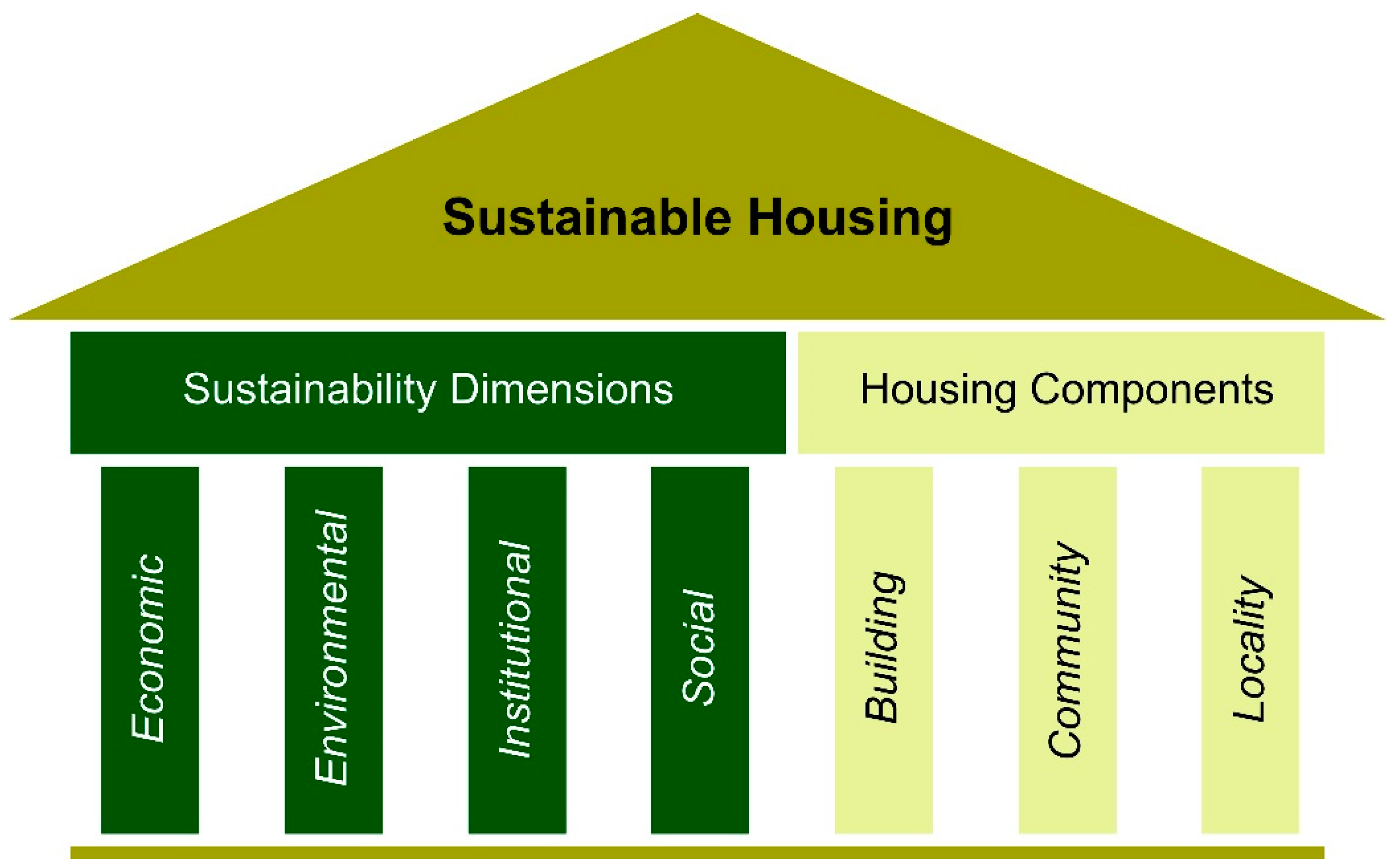Principles of Sustainable and Affordable Housing Policy for Afghan Refugees Returning to Afghanistan
The document titled “Principles of Sustainable and Affordable Housing Policy for Afghan Refugees Returning to Afghanistan” outlines a comprehensive framework aimed at addressing the housing needs of Afghan refugees as they return to their homeland. It emphasizes the importance of creating housing that is both affordable and environmentally sustainable, considering the unique challenges faced by returnees in Afghanistan.
Context and Importance of Housing for Refugees
The report begins by discussing the critical role housing plays in the integration and settlement of refugees. For Afghan returnees, a stable and secure housing situation is essential for facilitating their reintegration into society. The document highlights that many returnees face difficulties in accessing affordable and safe housing, which can disrupt their settlement process and hinder their overall well-being.
Key Challenges
Economic Instability
Afghanistan’s prolonged socio-economic instability has resulted in a lack of adequate housing policies. The document notes that many returnees are low- to medium-income earners who cannot afford market-based housing options. This economic reality necessitates the development of targeted housing policies that can effectively address these financial constraints.
Environmental Concerns
The report also addresses environmental sustainability, emphasizing that housing solutions should not only be affordable but also environmentally friendly. The authors argue that integrating sustainable practices into housing development can help mitigate environmental degradation while providing safe living conditions for returnees.
Principles for Sustainable and Affordable Housing
The document outlines several guiding principles for developing effective housing policies:
- Affordability: Housing must be financially accessible to low-income families, ensuring that costs do not exceed a significant portion of their income.
- Sustainability: Housing solutions should incorporate sustainable building practices that minimize environmental impact and promote efficient resource use.
- Cultural Sensitivity: Housing designs must respect local customs and cultural practices, fostering a sense of belonging among returnees.
- Community Involvement: Engaging local communities in the planning and development process is crucial to ensure that housing solutions meet their specific needs.
- Integration with Social Services: Housing policies should be aligned with broader social services, including education, healthcare, and employment opportunities, to support holistic community development.
Proposed Housing Models
The report suggests various built forms and models suitable for Afghan refugees:
- Modular Housing: This approach allows for quick assembly and can be adapted to different site conditions, making it a flexible solution for temporary or permanent housing.
- Community Land Trusts: These can provide long-term affordable housing options while ensuring community control over land use.
- Eco-Friendly Designs: Incorporating local materials and energy-efficient technologies can enhance sustainability while reducing costs.
Policy Recommendations
To implement these principles effectively, the report makes several recommendations:
- Develop a National Housing Policy: Establishing a comprehensive national policy is essential to guide housing development efforts tailored to the needs of returnees.
- Increase Investment in Affordable Housing: The government should prioritize funding for affordable housing projects, leveraging both public and private resources.
- Facilitate Access to Land: Ensuring that returnees have access to land for building homes is critical. Policies should simplify land acquisition processes.
- Capacity Building: Training local builders in sustainable construction techniques can enhance the quality and affordability of housing.
- Monitoring and Evaluation: Implementing systems to monitor housing projects’ effectiveness will help ensure they meet intended goals and allow for adjustments as needed.
Conclusion
The “Principles of Sustainable and Affordable Housing Policy for Afghan Refugees Returning to Afghanistan” report serves as a vital resource for policymakers aiming to address the pressing housing needs of returning Afghan refugees. By focusing on affordability, sustainability, cultural sensitivity, community involvement, and integration with social services, the proposed framework aims to create inclusive housing solutions that support the successful reintegration of refugees into Afghan society. The recommendations provided offer actionable steps toward building a more equitable and sustainable future for all Afghan citizens returning home.

Further reading: Comments from the general public and all stakeholders on the draft Model Public Private Partnership Policy for Affordable Housing in India
Affordable Housing Policy for Afghan Refugees Returning to Afghanistan
SOAHP evaluation: final report (accessible version) – GOV.UK
